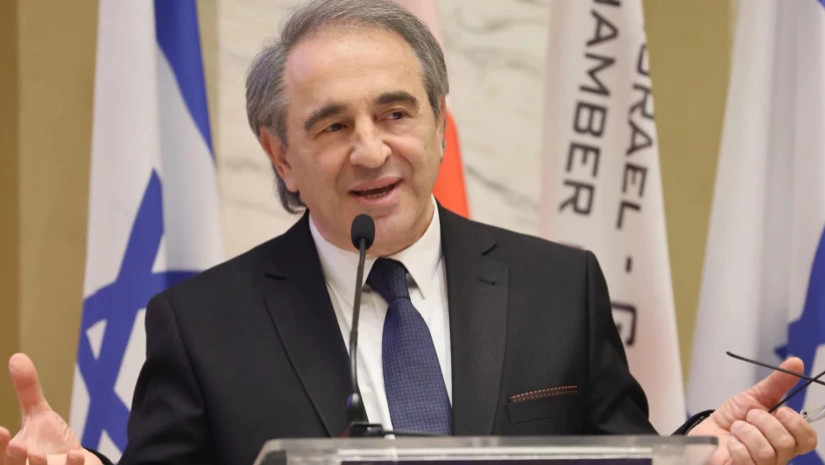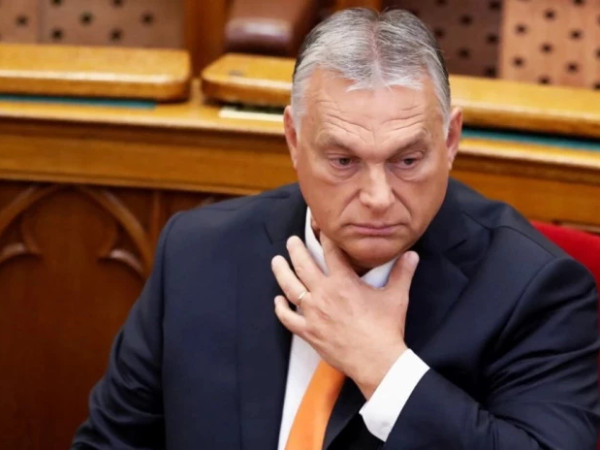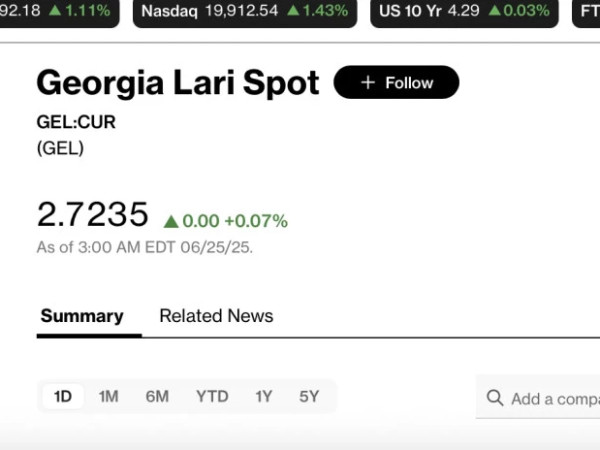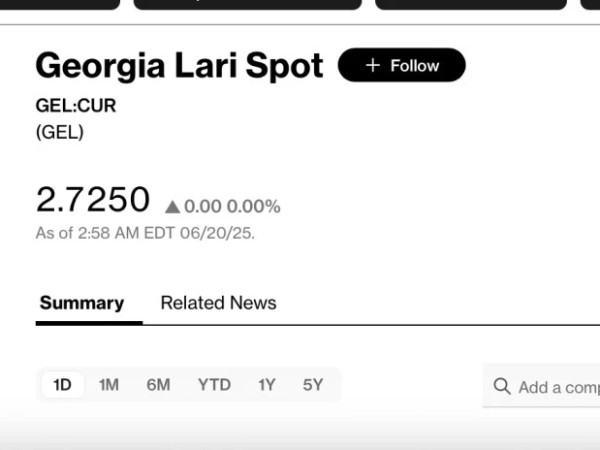On the 12th day of airstrikes between Israel and Iran, Israel officially declared a ceasefire.
Just hours after U.S. President Donald Trump announced a ceasefire between Israel and Iran, tensions reignited as Israel accused Tehran of violating the truce with a missile attack. In response, Israeli military leaders ordered a counterstrike on Iranian targets.
According to the Israeli Defense Forces (IDF), a missile was launched from Iran toward northern Israel, prompting immediate military consultations.
The ceasefire, brokered by the U.S., had been publicly accepted by Israel just hours earlier, with Trump hailing it as a diplomatic breakthrough. The alleged Iranian attack occurred approximately 3.5 hours after the truce was announced.
Despite the threat of potential escalation of the conflict, the military confrontation between Israel and Iran is currently relatively stable.
The ongoing military escalation in the Middle East has a direct and indirect impact on the Georgian economy as part of the global system.
In 2024, Israel ranked fourth in the ranking of countries by tourist visits to Georgia. Last year, 310,982 visits were made to Georgia from Israel that is 43.3% more than in 2023. In the first quarter of the current year, 80,896 visits were recorded.
Apart from tourism, Israel is the 9th largest investor country for Georgia in 2025. President of the Georgian-Israeli Chamber of Commerce Itzik Moshe in an interview with Commersant says that despite possible short-term disruptions caused by the closure of Israeli airspace, in the long term, Georgia- Israel economic cooperation will further deepen, especially in the field of tourism.
"Any military actions in the region will naturally have an impact on economic relations. Whether a military operation against Iran's terrorist intentions will affect Georgia's economy, depends on how free the region is from such terrorist threats."
This will most likely have a negative impact on tourism from Israel to Georgia in the short term, although the dynamics, as you know, are growing, and we believed in this when we started promoting Georgia's tourism potential in 1999, in cooperation with both governments and under the auspices of the Chamber of Commerce. We believed that the influx of tourists from Israel would hit 500,000, today we are very close to this figure.
Despite the global economy has been trapped in a state of more or less stagnation for the last 7 years due to various crises, there is potential for further development of economic cooperation with the active involvement of the Georgian and Israeli ministries of economy and the capital mayors. We, the Israel- Georgia Chamber of Commerce, have always been ready to actively participate in this process.
"We were one of the initiators of starting work on a free trade agreement between Georgia and Israel in 2018. Since we can see that the progress will actually begin next year, we are already preparing and planning a business forum to start the upswing from 2026," Itsik Moshe notes.
In his words, any regional conflict has a negative impact on all sectors of the economy, so active participation of the state is especially important during the transition period. The Israeli -Georgian Business Chamber believes that at this stage, both direct communication with investors and support for the low interest rate policy from the banking system are required to balance investments.
The scale of the problem is never an obstacle for the Israel- Georgia Chamber of Commerce, so during such transition periods I always look forward to periodic meetings with the responsible persons to solve the problem,” Itzik Moshe, President of the Israel- Georgia Chamber of Commerce points out.


















